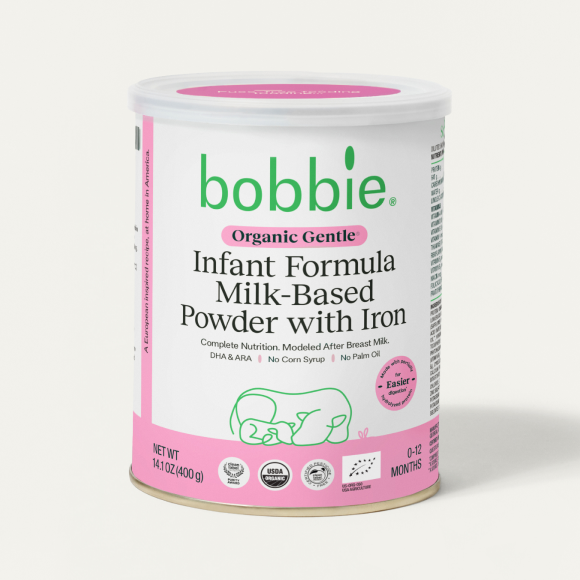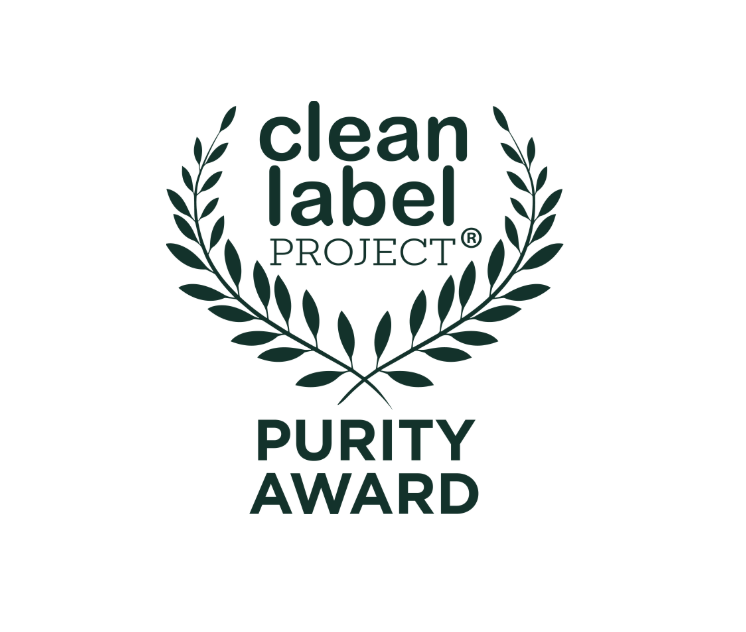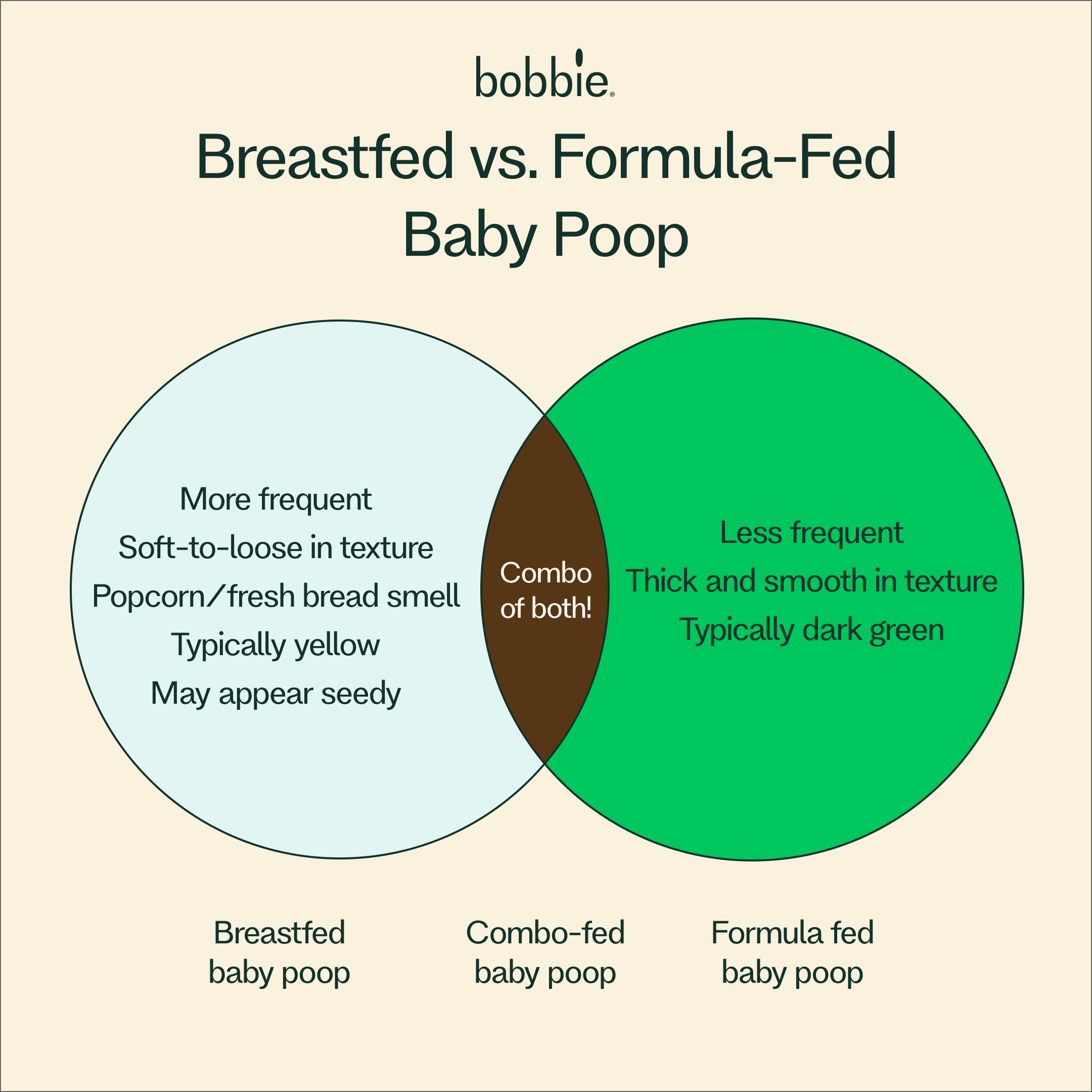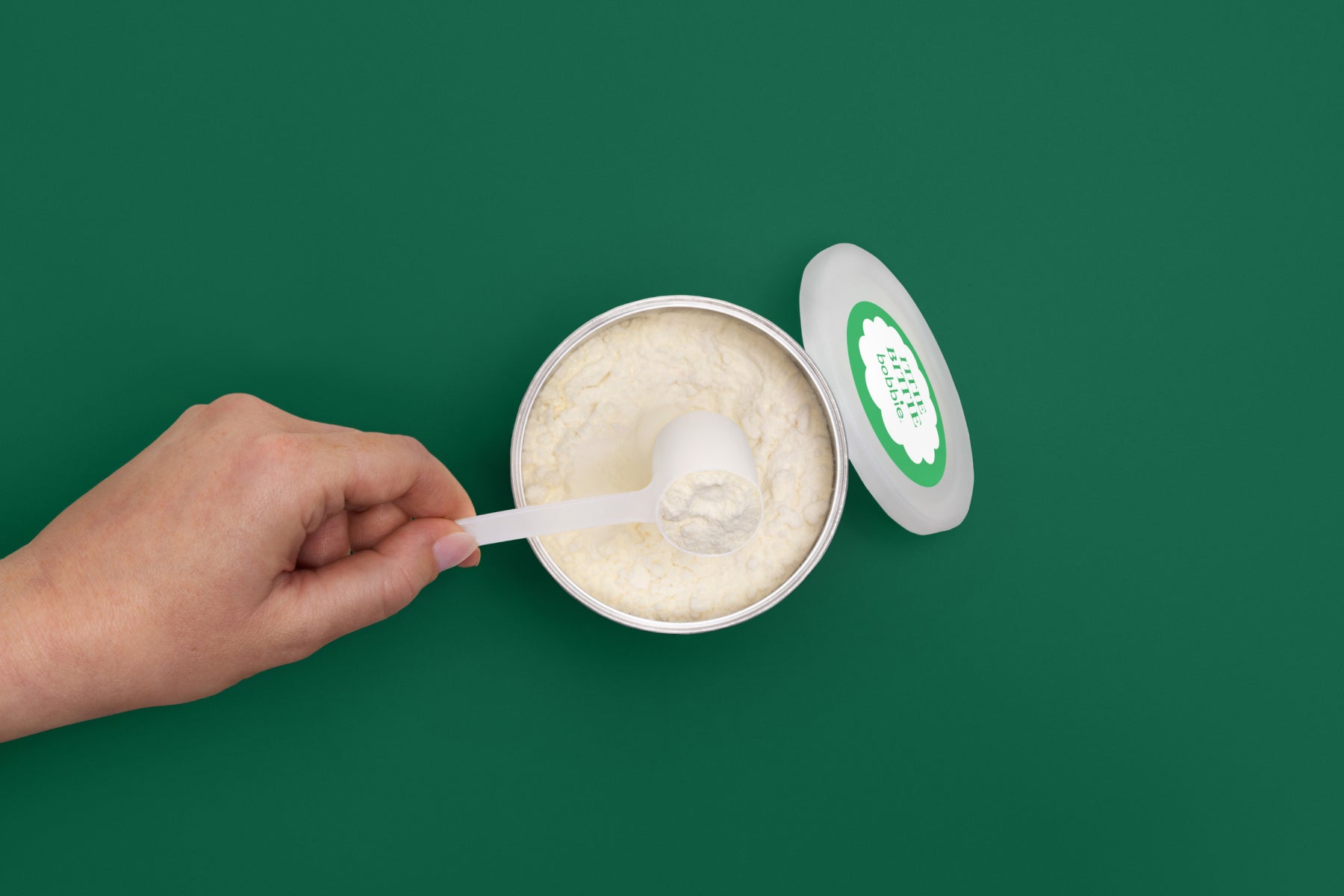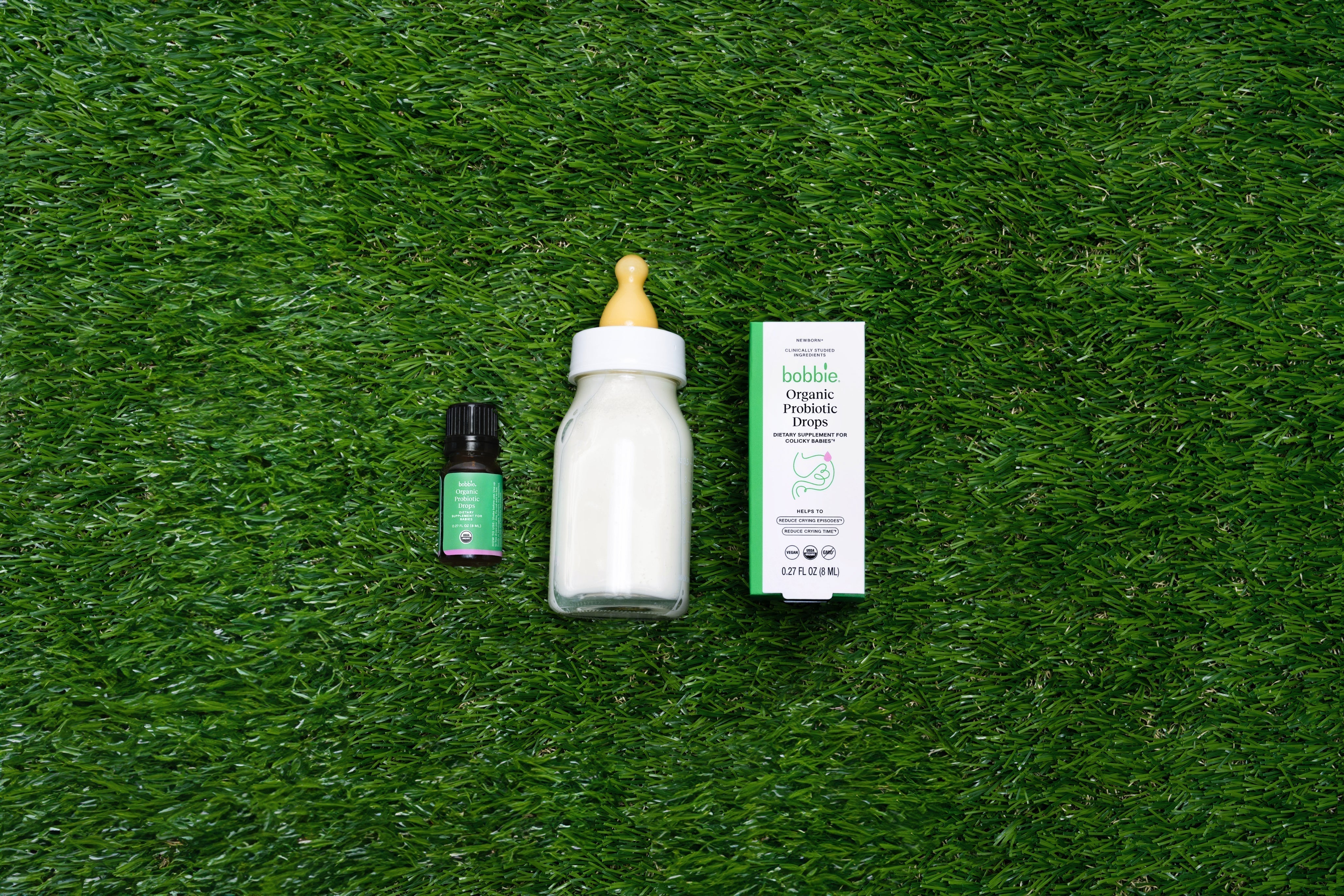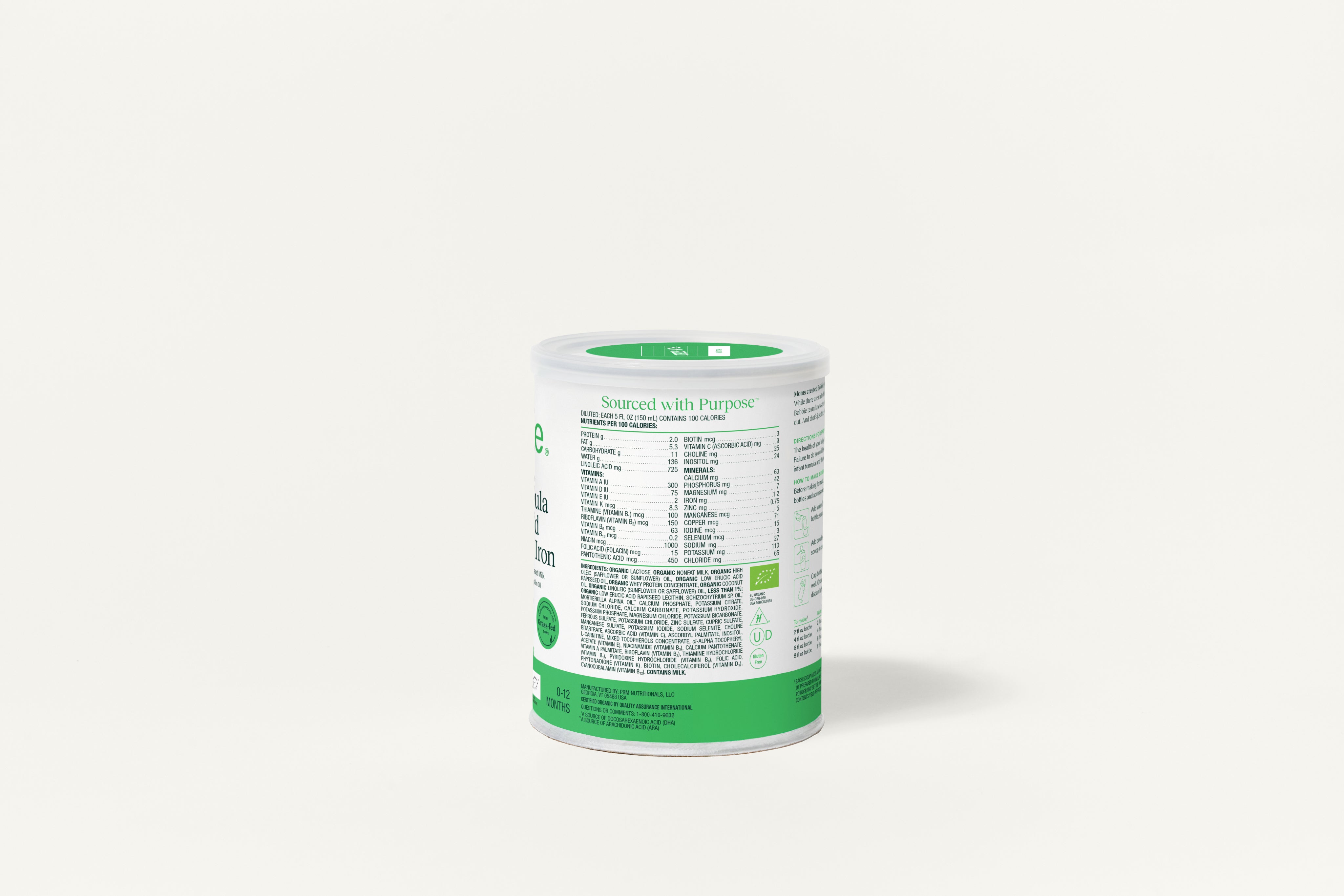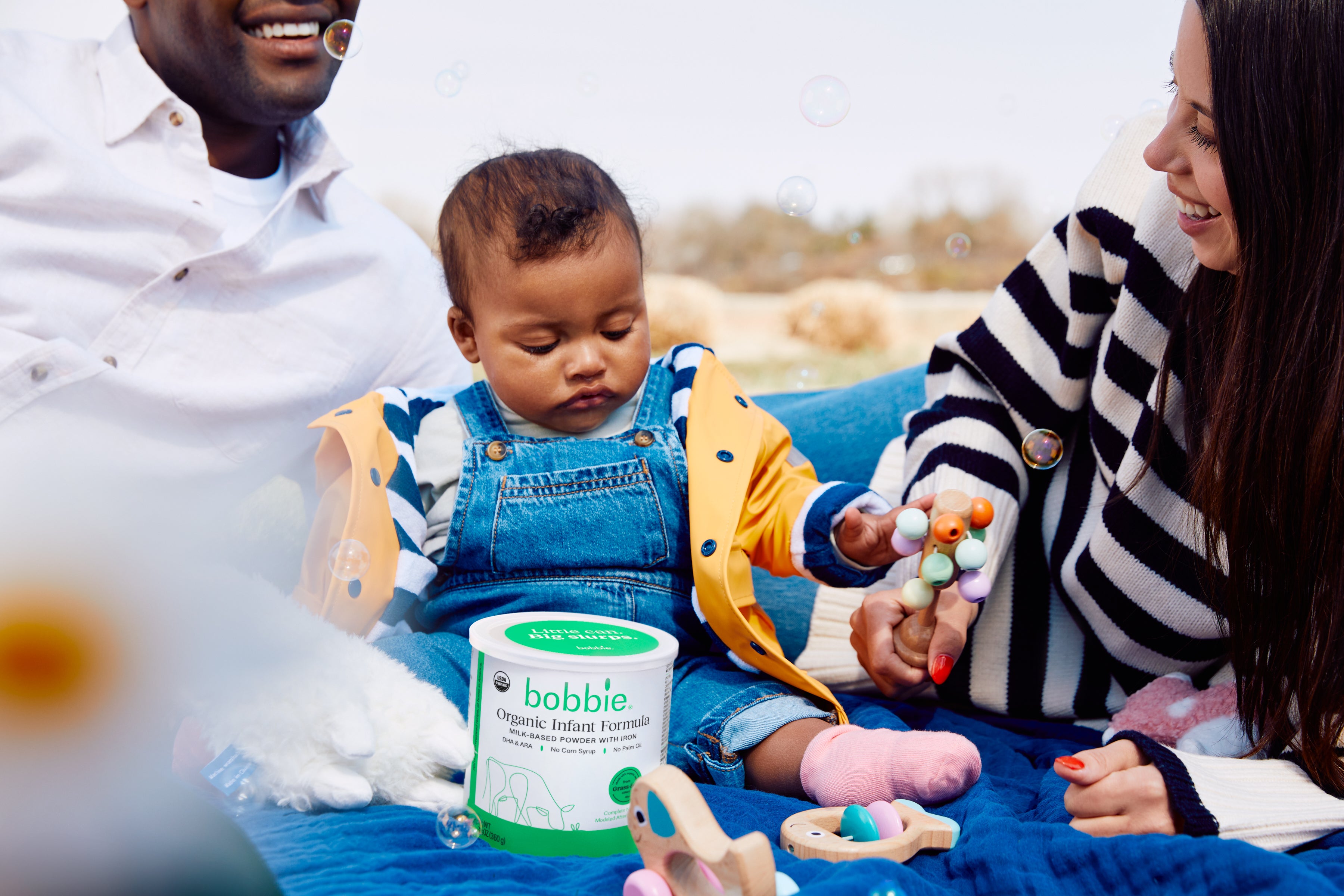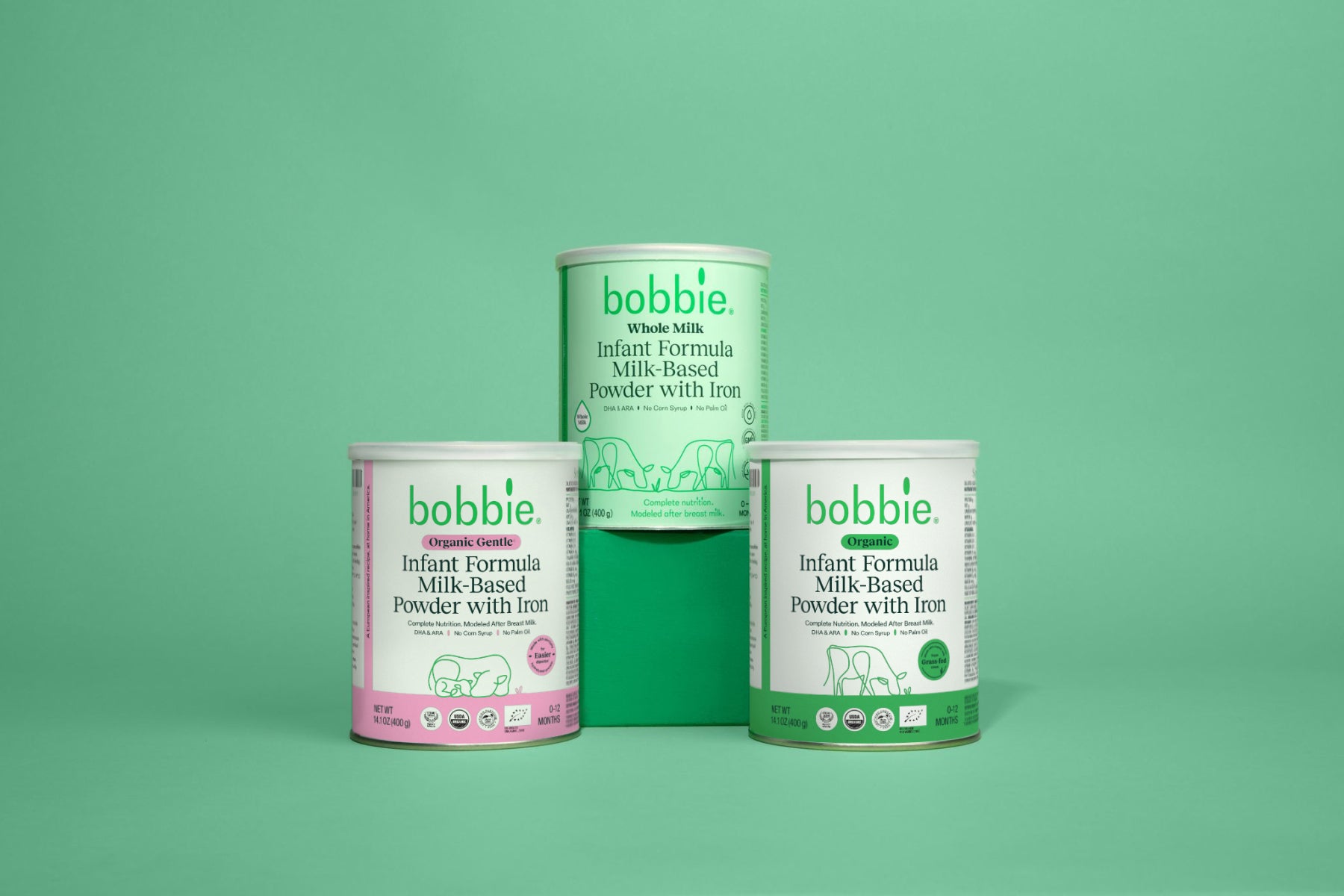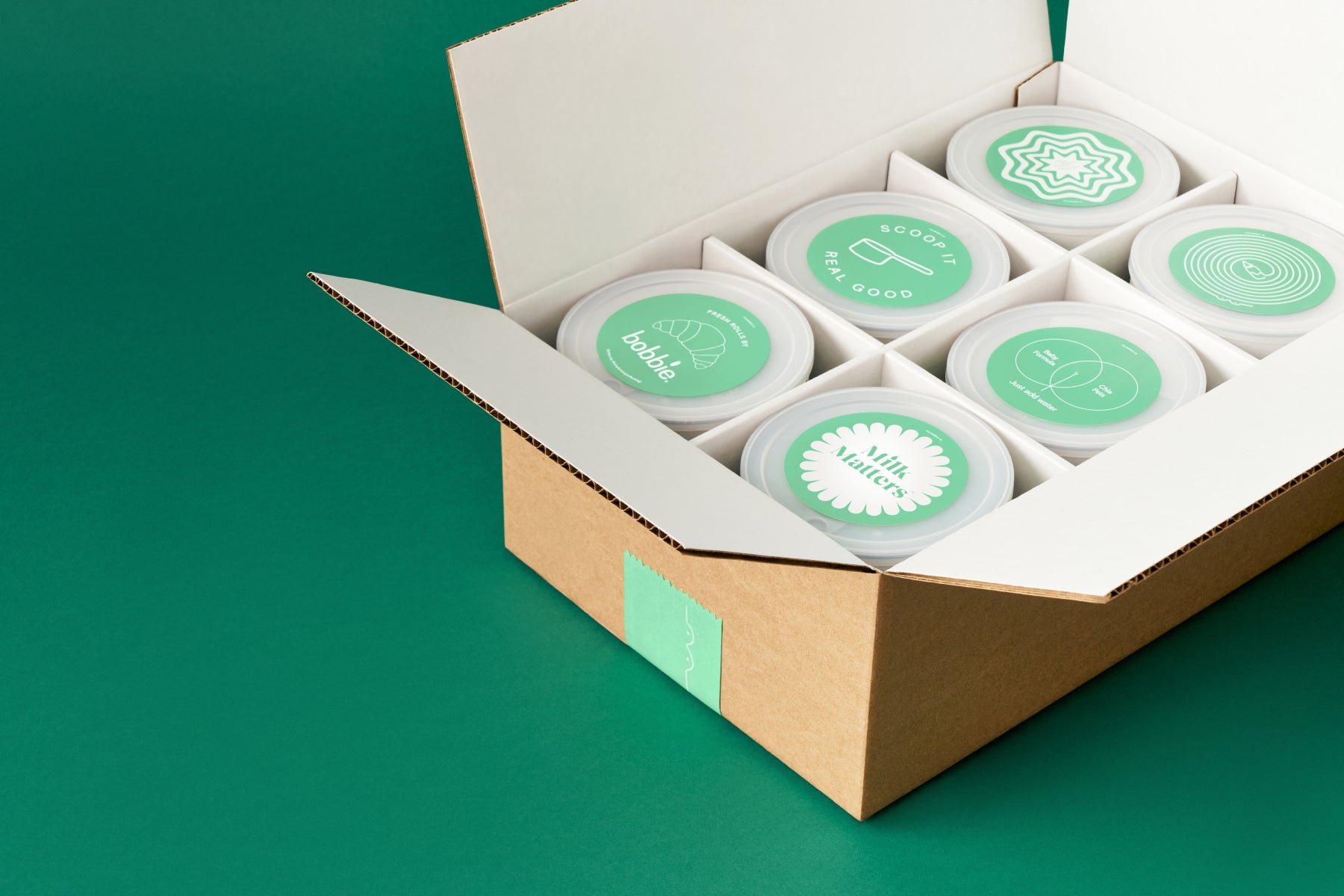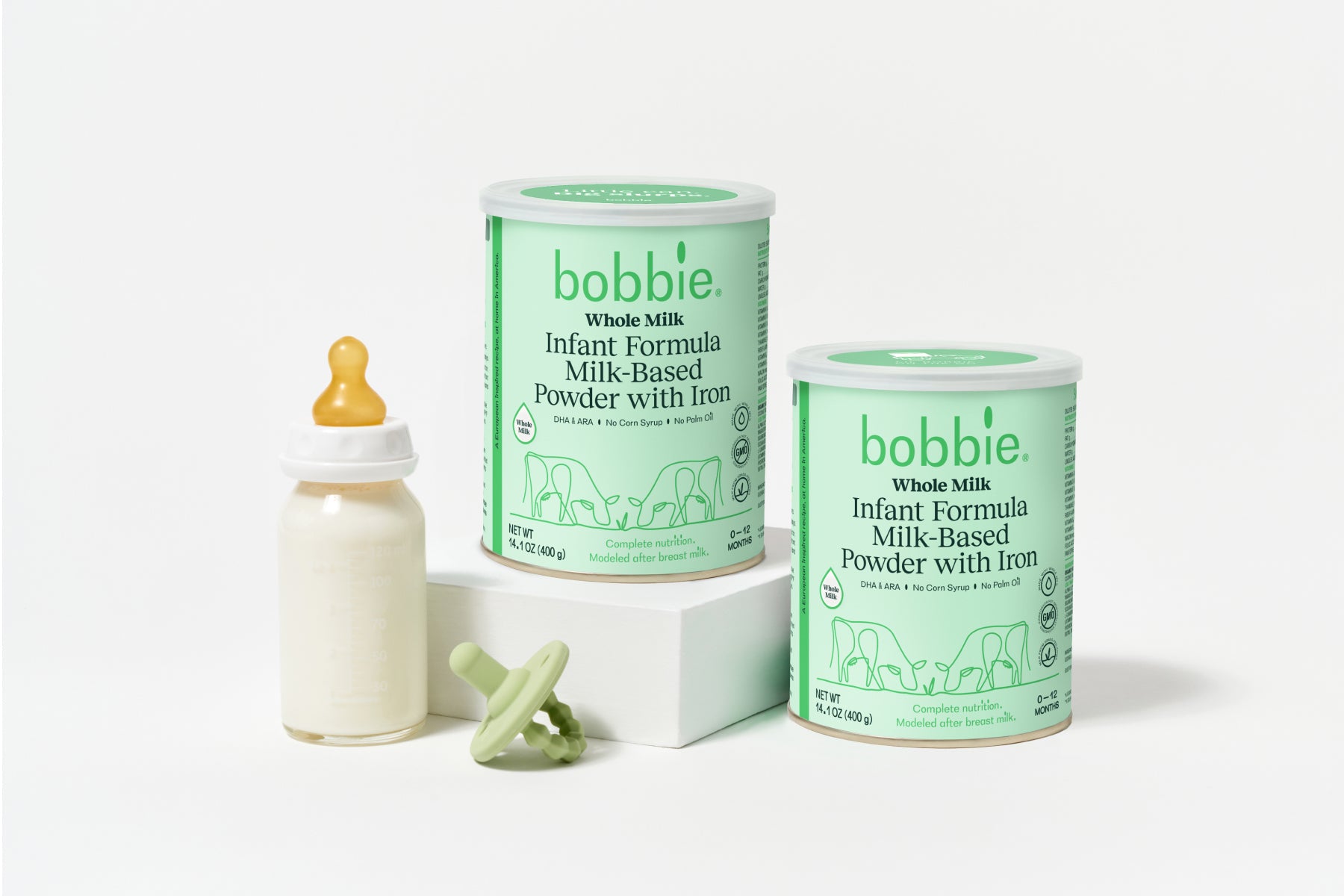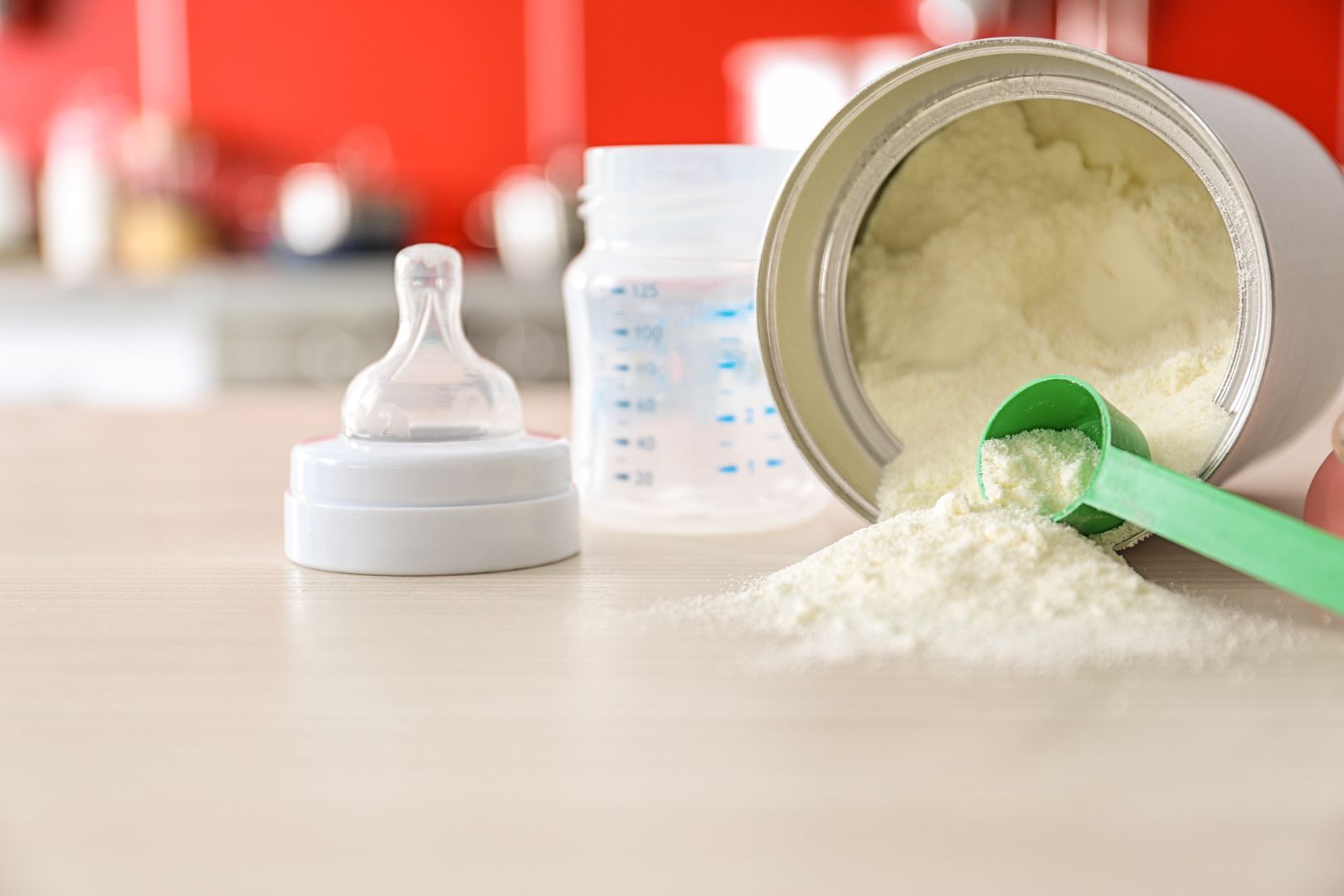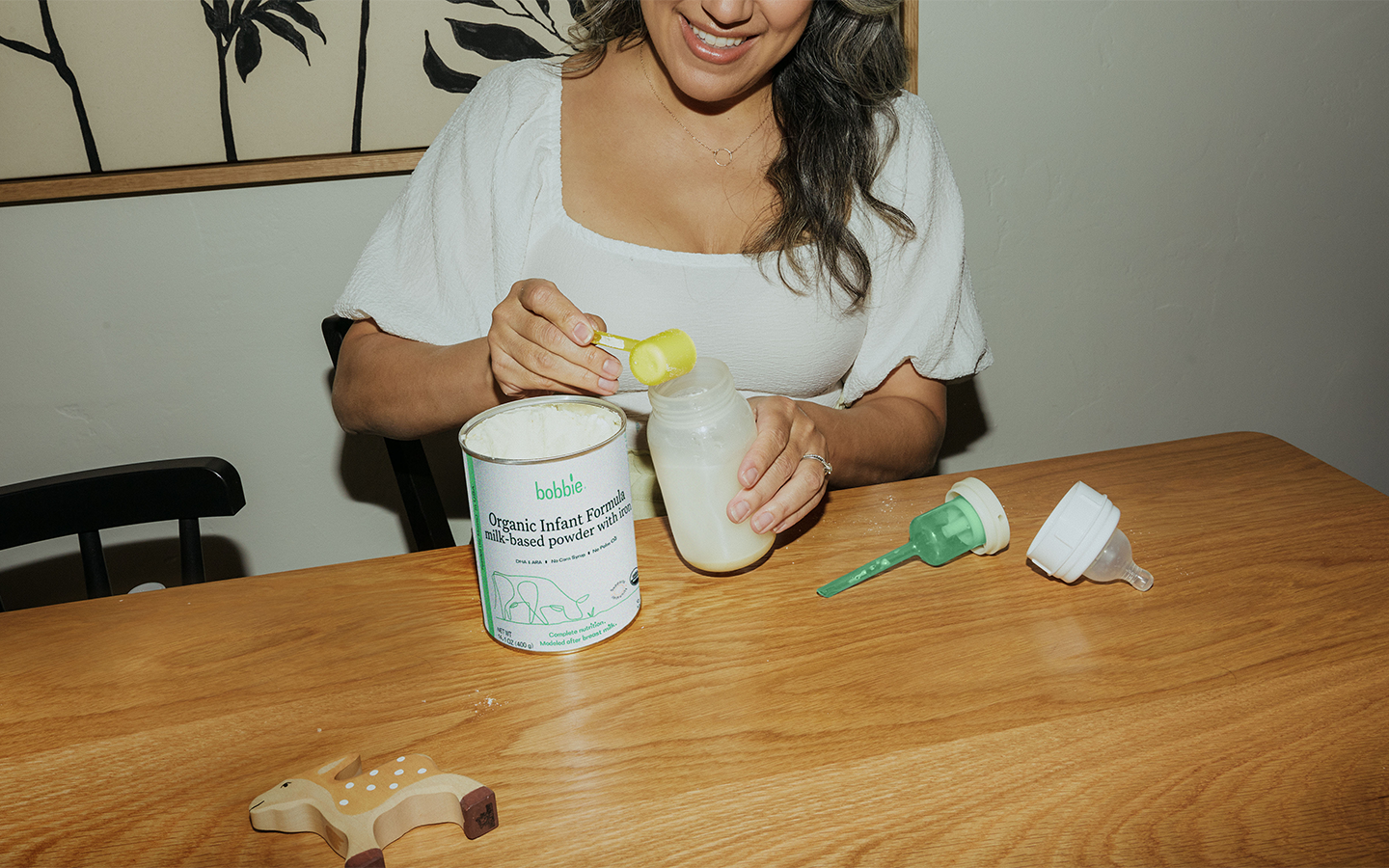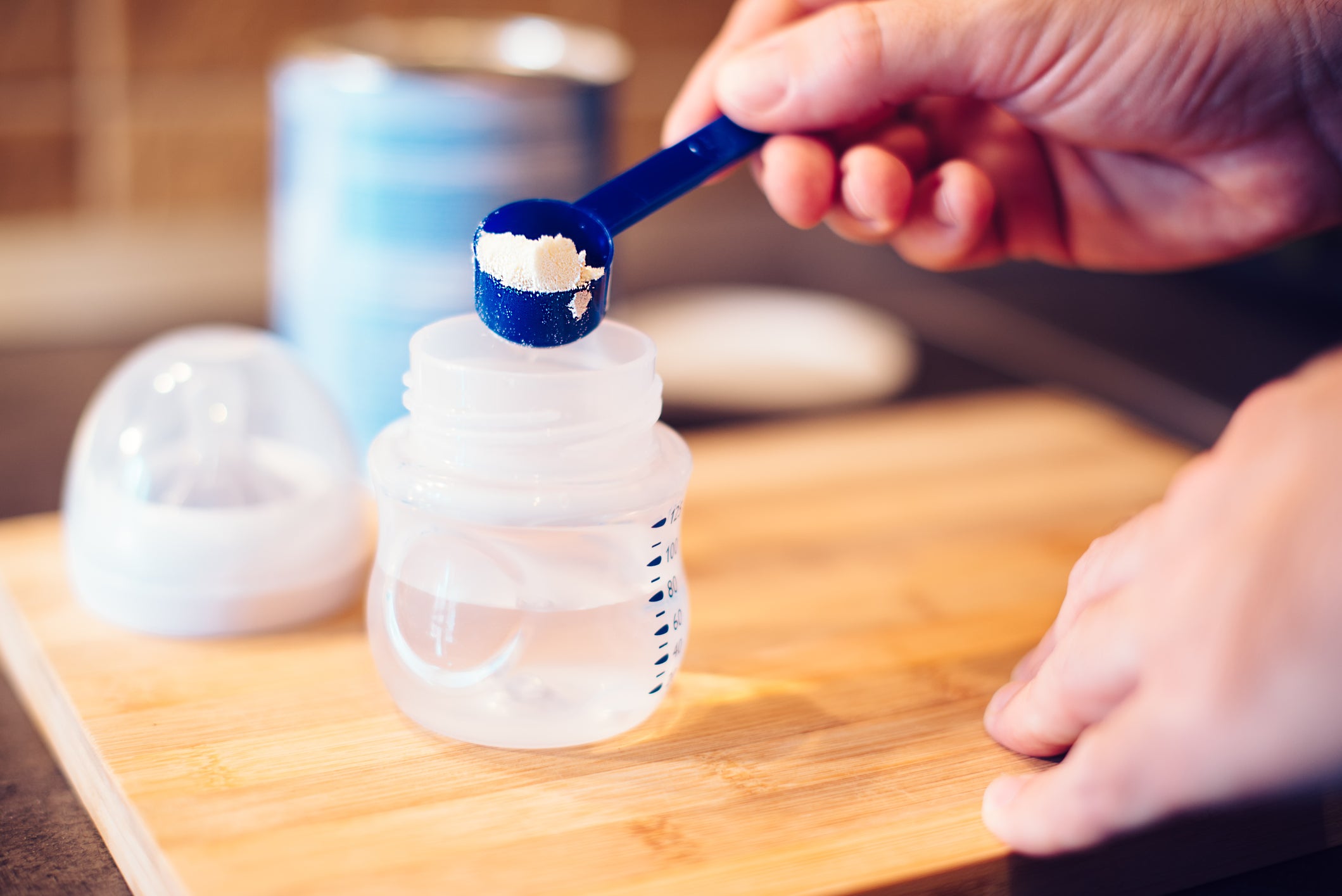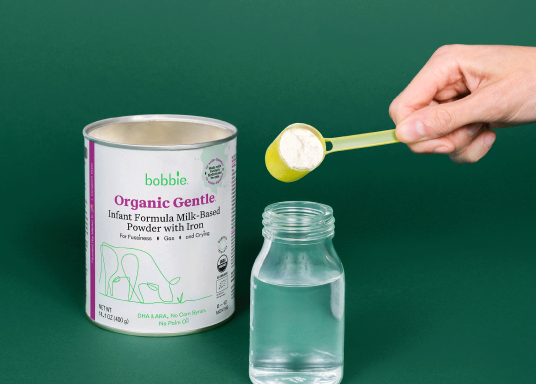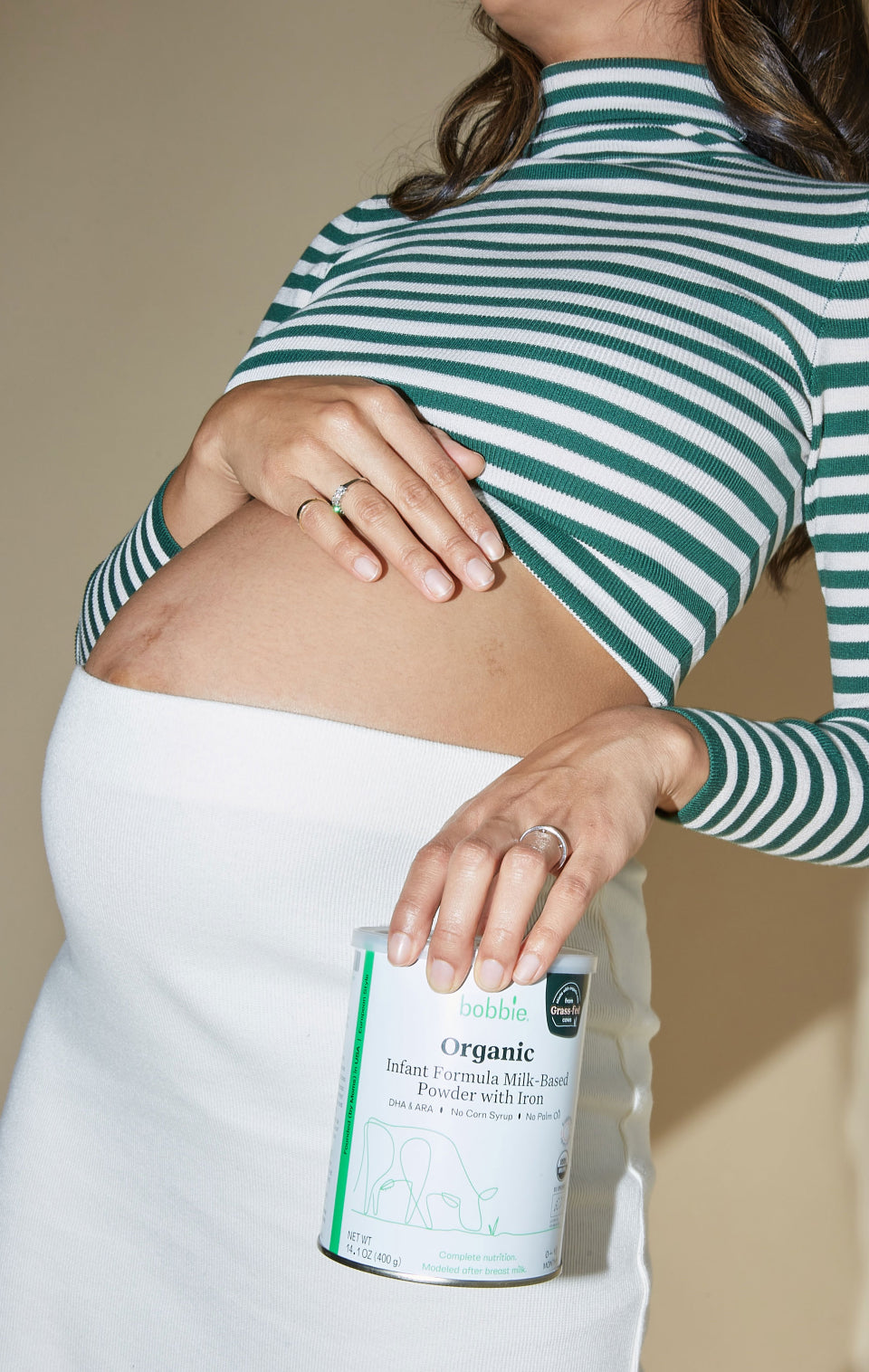Published February 22, 2024

Nurturing Gut Health: The ABCs of Baby and Infant Probiotics
In the intricate world of baby care, parents are increasingly interested in whether baby probiotics and infant probiotics can support the delicate microbiome in their little ones' digestive systems.* As a parent, understanding the role of probiotics, how they contribute to gut health, and their potential advantages can be instrumental in supporting a reduction of crying and fussiness from colic not attributed to a medical condition.*
The Basics of Baby and Infant Probiotics
Baby probiotics and infant probiotics are supplements containing live bacteria, often referred to as "good bacteria," that can be beneficial for the digestive system.* The FDA does not regulate these products as strictly as medications because they are considered dietary supplements (but they are still FDA regulated as a subset of food)— so it's crucial to go for gold and choose the good stuff from a trusted brand. It’s always a good idea to ask your baby’s doc before adding any supplements to the mix!
Gut Health and Its Importance
We’ve all heard of “good gut health”, but what does that really mean? The digestive system plays a pivotal role in overall health, and maintaining a healthy gut is especially vital for infants with their developing immune and digestive systems. Probiotics can contribute to gut health by promoting a balance of beneficial bacteria.*
Benefits of Probiotics for Babies and Infants
The benefits of probiotics for babies and infants are diverse and impactful. The American Academy of Pediatrics recognizes that probiotics can be beneficial for certain health conditions, such as infantile colic not attributed to a medical condition.* Experts believe that reduced diversity in the gut microbiome of colicky babies might play a role, and adding “good bacteria” via a probiotic supplement can help increase microbe diversity.* Certain strains are also known to support the immune system.*
One common form of providing baby probiotics is through drops mixed with breast milk or infant formula. This method ensures a seamless integration of probiotics into an infant's diet, offering a convenient and gentle way to introduce these beneficial bacteria.
Probiotic Strains: A Key Consideration
Not all probiotics are created equal, and different strains may offer distinct health benefits.* Understanding the specific probiotic strains in a product is crucial when selecting a supplement for your baby or infant. Some strains are more effective in promoting gut health, while others may target specific health concerns.*
Common strains found in baby and infant probiotics include Lactobacillus and Bifidobacterium. Lactobacillus strains are known for their ability to produce lactic acid, creating an environment that helps inhibit the growth of harmful bacteria.* On the other hand, Bifidobacterium strains are predominant in the intestines of breastfed infants and play a role in breaking down complex carbohydrates. Bobbie Organic Probiotic Drops contain two strains of helpful bacteria, B. longum and P. pentosaceus, which have been clinically shown to reduce crying frequency and duration for infants with colic not attributable to a medical condition.*
Sign up to get the scoop on feeding, sleep, poop, and so much more. By singing up for email, you are to receive marketing emails from Bobbie and can manage your email preferences or unsubscribe at anytime

Your go-to resource for all things new baby.
Considerations Before Using Probiotics
We can’t emphasize this enough: talk to your doctor before adding probiotics to your baby's routine, particularly if your infant has pre-existing health conditions, was born prematurely or is immunocompromised. Your healthcare provider can offer personalized guidance based on your child's unique needs and health status.
Fermented Foods and Probiotics
In addition to probiotic supplement drops, incorporating fermented foods into an infant's diet can be a natural way to introduce beneficial bacteria. After your baby starts solids around six months, probiotic-rich foods like yogurt, kefir, and sauerkraut can be gradually introduced to your infant's diet.
Health Benefits Beyond the Digestive System
While the primary focus of probiotics is often on digestive health, their benefits can extend beyond the gut*. While the studies are limited, certain probiotics have been associated with a range of health benefits, including mood support, and skin health.
The Importance of Professional Guidance
Given the delicate nature of an infant's developing digestive system, it's crucial to seek professional advice before making any changes to their diet or adding a dietary supplement. Your pediatrician can offer tailored recommendations based on your baby's specific health conditions and needs.
Conclusion
Incorporating probiotics into your baby's routine, whether through drops mixed with breast milk or formula or via the gradual introduction of fermented foods, probiotics may contribute to a thriving digestive system and overall health.*
As the journey of parenthood unfolds, the proactive approach of embracing the benefits of probiotics, coupled with informed decisions and professional guidance, can set the foundation for a healthy and happy start in life for your precious little one.*
Bobbie Organic Infant Formula is a USDA Organic, EU-style infant formula that meets all FDA requirements. It is a complete nutrition milk-based powder modeled after breast milk and is easy on tummies. It is non-GMO and doesn't have corn syrup, palm oil, or maltodextrin. Shop Bobbie today!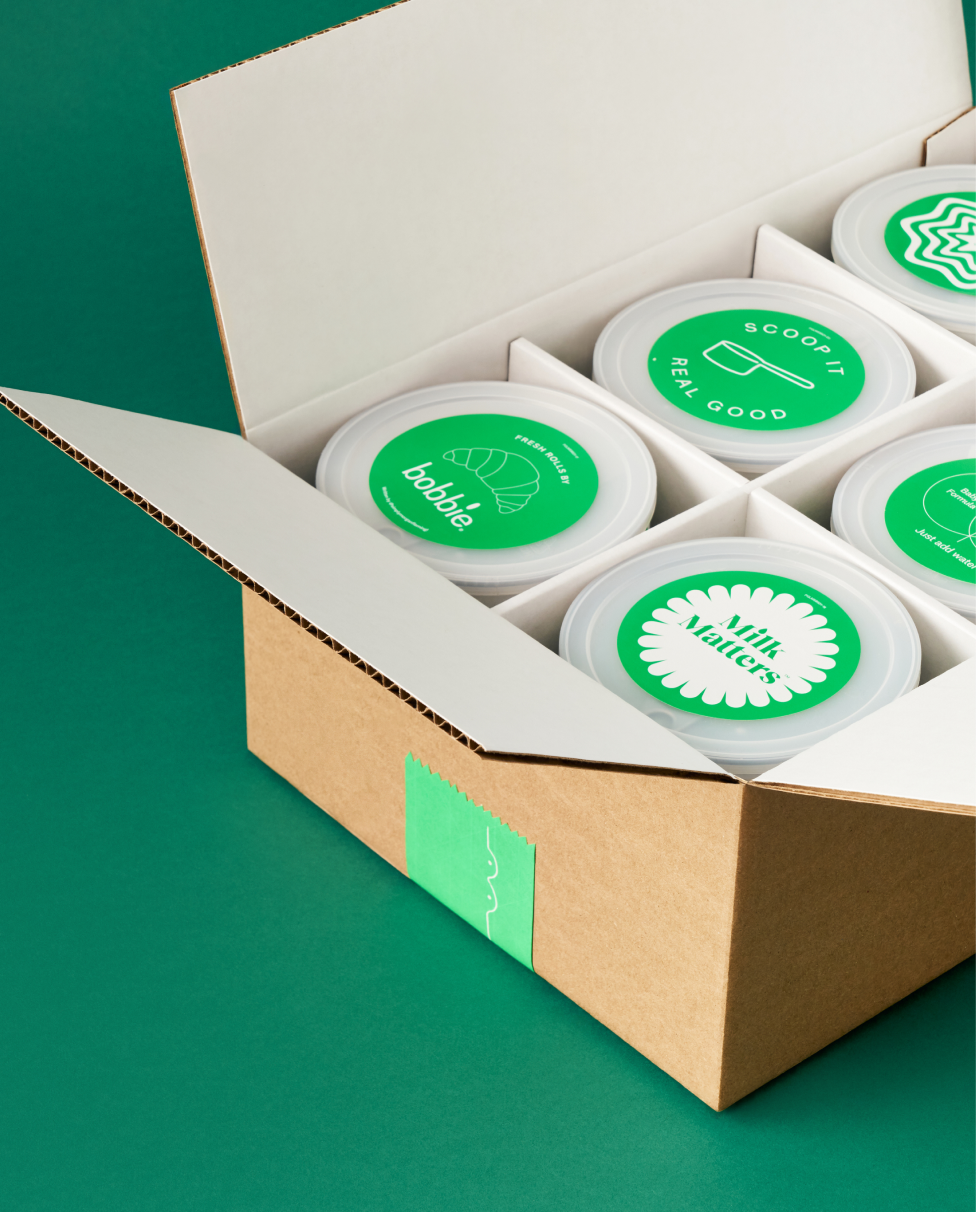
Shop Bobbie Organic Infant Formula

*These statements have not been evaluated by the Food and Drug Administration. This product is not intended to diagnose, treat, cure, or prevent any disease.
The content on this site is for informational purposes only and not intended to be a substitute for professional medical advice, diagnosis or treatment. Discuss any health or feeding concerns with your infant’s pediatrician. Never disregard professional medical advice or delay it based on the content on this page.








